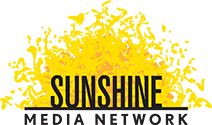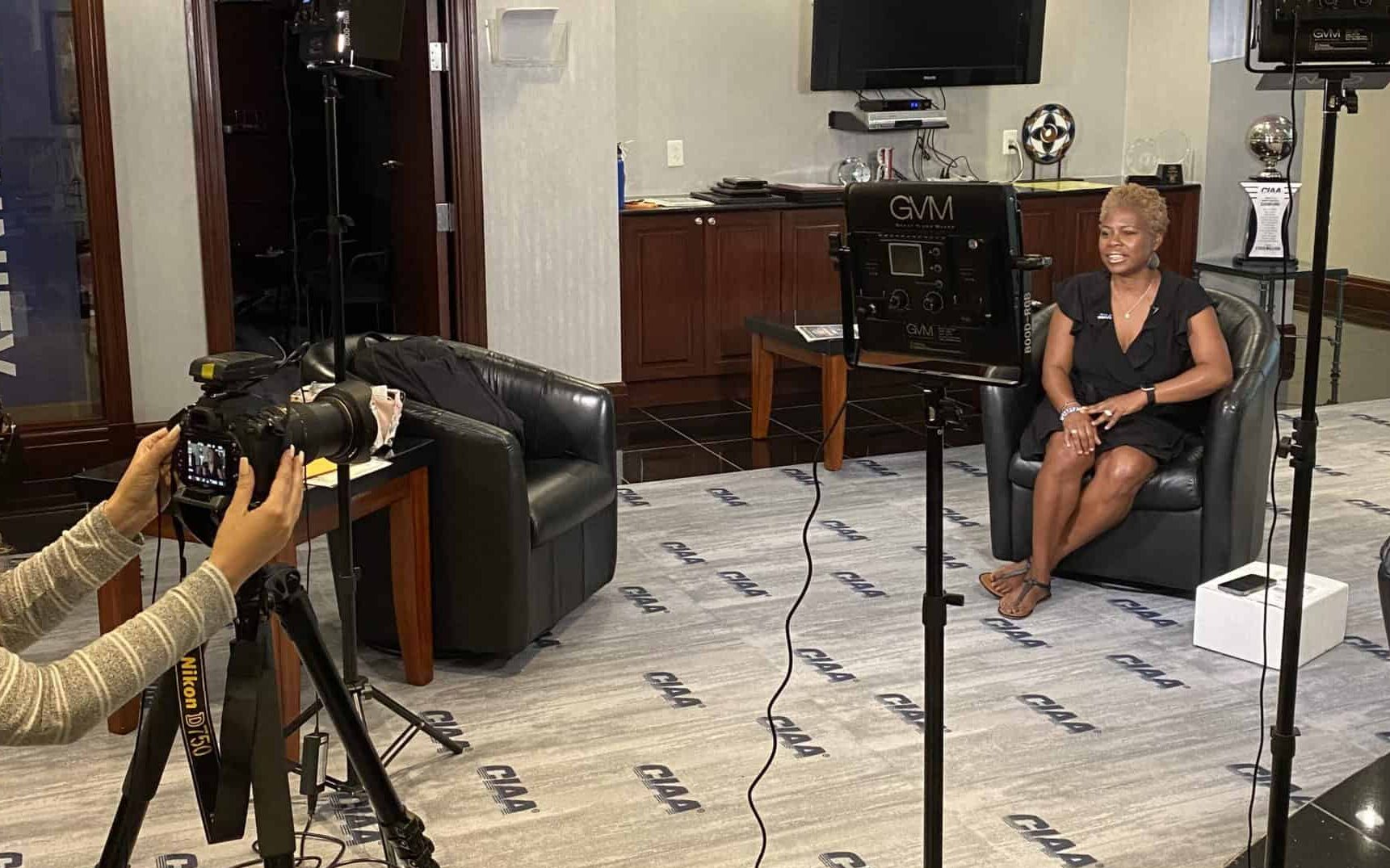Let’s start at the beginning. If you’re going to be speaking on behalf of an organization or even yourself, media training is vital. Too many times, people underestimate the reach of a media outlet that only has a small following, a journalist they may have met at a networking event, or a podcast that seems to be obscure. These smaller outlets often funnel up to the national news media and to content that goes viral. In addition, once you record an interview, it can be on the internet indefinitely; those screen grabs can last forever.
At Sunshine Media, we always encourage direct one-on-one media training but understand that blogs and tips like the ones you’ll read today can help begin the process. But you should note that this advice is not meant to replace a deep dive with a professional that would truly prepare you for your specific industry, or news market. Ok, let’s get into our topic!
Understanding Motives Behind Questions and Planning Ahead
If you’re in an interview and you’re concerned you won’t know the answer to a question, we can offer you a few tips to get you thinking about what you should say and why. Of course, every interview is a chance to convert customers, and that’s why professional media training is so important.
In my 22 years of interviewing and being interviewed, I’ve run into various scenarios as to why someone wouldn’t know the answer to a question during an interview. Some people are surprised that it is standard practice for reporters not to reveal their questions ahead of time. But, of course, giving people a list of questions ahead of time could quickly lead to very unethical journalism.
While it may be uneasy for you, the interviewee, it’s important to understand that reporters are not tools to prep and regurgitate your answers. Instead, reporters gather information and convey a story from as many angles as possible. If you want a Q&A, buy space in a medium with what we call pay-to-play. But you should note that 70% of consumers would prefer to get to know a company through an article than an ad.
At Sunshine Media Network, we work in organic earned media, which means we never pay for placement; we convince the journalists you’re newsworthy by pitching newsworthy angles. Then we train you to handle any question. This proactive approach can anticipate the final article or story in such a way that will increase your share of voice (a topic we can discuss another time, but you should know about).
Now that you understand you won’t know what questions are coming, it’s essential to understand what would motivate a reporter to ask various questions. It’s common for reporters to use you as a sounding board for things they believe. They may bring up things other sources told them, something they heard from other colleagues in the newsroom. In essence, journalists will use you to vet their information. We want them to do that. Because, after all, you’re the expert!
But what about contentious situations where you don’t know the answer because you were ambushed? Well, I would argue media training is to ensure you cannot be ambushed. For example, my clients don’t know the meaning of “surprise questions.” Are we surprised the journalist knew something we didn’t think they knew? Yes. But that’s why we do this work to be prepared.
How To Answer When You Don’t Know The Answer
Now that you have a better understanding of the importance of media training and the motives that can drive a reporter’s questions. Let’s look at some practical tips; our philosophy is that “No Comment” should never be your answer. Suppose you think of any other meaningful relationship, such as a parent and child, and apply this strategy. In that case, you’d quickly notice that not only does it not resolve the topic, but the conversation rarely ends there. For example, imagine your child asking if they can go to McDonald’s and responding, “No comment,” or offering silence.
A better course of action is to provide an earnest answer. If the interview is friendly, a great response is, “That’s a great question. I will find out the answer and get back to you.”
If you disapprove of the question, you can still answer honestly but vaguely. For instance, “That’s something I can ask about and let you know.” or “That’s not under my purview, but I will find out who knows so you can talk to them.” or “I want to answer your question, but I don’t have that information right now.” The most important thing to remember is to keep your tone and answer clear and confident.
Sunshine Media Network Is Here To Help
Navigating the Media can be complex. Sunshine Media Network offers one-on-one Media Training that can be your introduction to media training, your refresher course, or even your crisis apology course. In addition, media training can help repair relationships with sponsors, clients, board members, and customers if you get into a media mess.
Our media training isn’t a feel-good course. We push you on your comfort levels and make sure we throw your most dreaded question at you so that you can practice, prepare and answer with confidence should the question ever be posed. Interviewing skills aren’t natural, they are a strategy and sometimes require practice, but a professional can help you strengthen your skillset and always present yourself and your organization well. Contact us today to get started.


